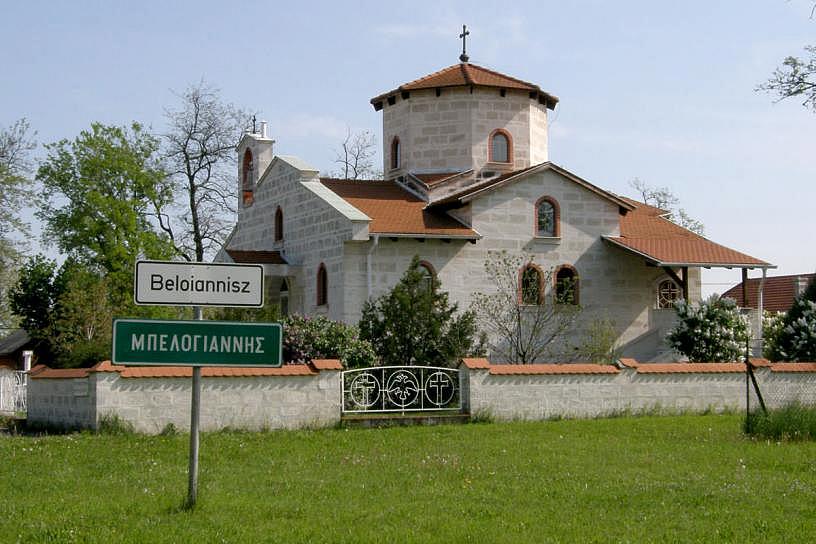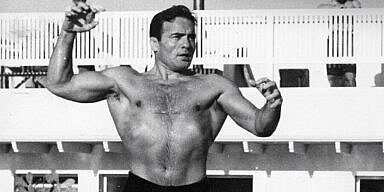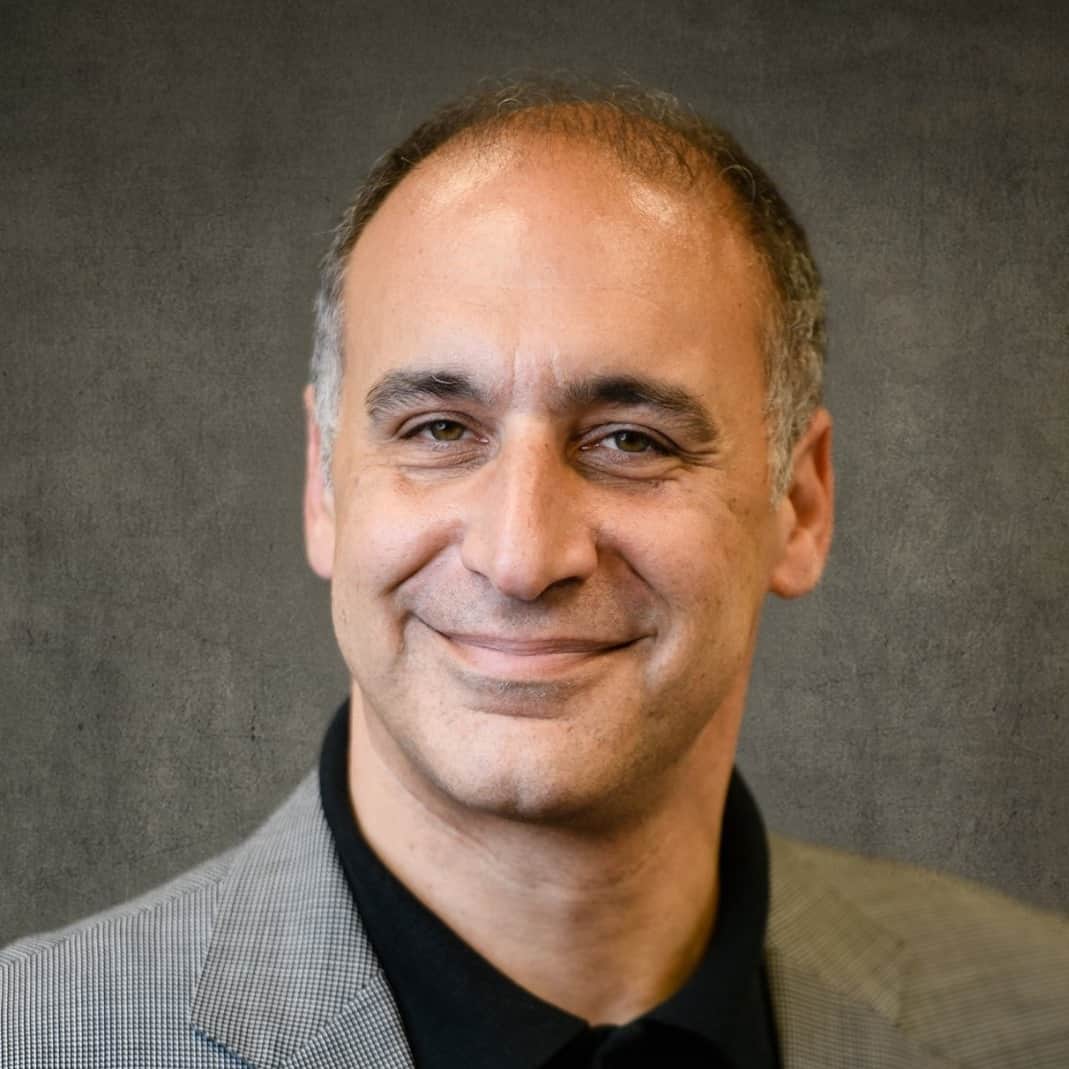Alexander Billinis seeks out the history behind the Greek settlement of Beloiannisz in Hungary
Five minutes off a spanking new autobahn, funded, like those in Greece, by the European Union, I arrive in Beloiannisz, a Hungarian village about 50 kilometres southwest of Budapest. As the name hints, this is no typical Hungarian village, but rather one inhabited primarily by Greeks.
After the Greek Civil War ended, over 100,000 people left Greece, voluntarily or otherwise, for the then Communist countries. About 7000 arrived in Hungary, settling primarily in Budapest. Additionally, the Hungarian Government decided to build a village for some of the new arrivals. On a stretch of agricultural land a few kilometres from the mighty Danube River, construction began in 1950. The workers were primarily Greeks, and the village was touted as a model Communist village and so had full electricity and running water, amenities that were rare in Hungary at the time. They named the village Beloiannisz after a Greek Communist leader who was executed in 1952. Driving into Beloiannisz today, the first thing one sees is the town plaque in Greek and Hungarian, followed immediately by a small, new Greek Orthodox Church.
The town resembles a beautified military base, with a grid pattern of streets, whose names are in Greek and Hungarian. There is a central square with a cultural centre, a well-stocked library, and a memorial to Nikos Belogiannis. A one-story town hall also flanks the square, where I met Zisis Vlahopoulos, a former mayor. A sturdy man in his late sixties, Vlahopoulos has the ruddy complexion one often finds in Macedonia.
Friendly and direct, we began, as Greeks often do, with a chat about our origins. I told him about my Greek-American background, my education and career, and, because it was relevant, that my late father served in the Greek Navy during the Civil War. I emphasised that my interest was cultural and historical, not political. Over coffee in the mayoral conference room, he began. He talked about living in caves in Greece’s Grammos Mountains, during the Civil War, and then trekking over the mountains to Albania, where his father, who could speak Albanian, served as a guide.
In Albania, the children were taken by bus into Yugoslavia, and then by train to Hungary. In Budapest, six-year-old Zisis lived in a communal centre, until he became sick and was transported to a hillside sanatorium. He was well cared for by the Hungarian staff, and, away from other Greeks, he quickly picked up the language. When his mother found him there, it had been nearly two years of separation. I thought of my own son, who is seven, going through such an ordeal, and tears came to my eyes.
When describing life in the village, Zisis said that it was “without stress, but hard work”. They had their jobs, but they also had a tight knit community with many cultural and athletic activities. “Necessity united us,” he offered. In 1954, there was only one Hungarian family, the rest were Greeks, primarily from Western Macedonia, the Pindos Mountains, and Thrace.
Many were (and are) Macedonian Slav-speaking Greeks, but Zisis emphasized that there were no distinctions between villagers on the basis of this. He said those Slavs that did feel as a separate ethnicity went to Yugoslavia or Bulgaria, and that the remaining Slavs felt that they were Greeks. As mayor, he resisted “outside” attempts to stir up trouble between villagers on this issue.
Though the villagers lived in Hungary, they remained stubbornly Greek, with Greek as the primary language in school and on the streets, as Zisis said, “even the Hungarians had to learn Greek, just to function”. Like so many immigrants and exiles, they would say, “next year, in Greece”. Some did trickle back to Greece in the late 1950s and early 1960s, but this stopped flat when the Junta seized power in Greece. Others left for Australia.
Only in the early 1980s did things really open up with Greece. The exiles’ Greek citizenship, revoked in the late 1940s, was restored, and the Greeks in Hungary had the option of returning to Greece, taking Hungarian nationality, or remaining as Greek citizens with Hungarian residence. Until that time, they were stateless. Many did return to Greece, or others moved to Budapest, particularly as Greeks took advantage of excellent educational opportunities. Zisis, married to a Hungarian, described relations with the Hungarians as excellent. I thought back to the church I saw at the town’s entrance, obviously much newer than the village itself. In our own American Diaspora communities, the Church was the heart of the community and one of the first things built.
Tentatively, I began. “Most of our communities in America established churches immediately, how did things happen here?” Zisis smiled slightly, saying, “You are not the first person to ask this question.” Religion never ceased in the community, as five priests arrived with the original settlers to the town. While religion was not banned, it was certainly not encouraged, as with any Communist country. Beloiannisz, as a city founded by and for Communist refugees, was not going to be building any churches in the Communist Era.
Accordingly, St Constantine Church was built in the early 1990s as Hungary rapidly shed its former Communist skin. Greeks, including adults, became baptized in increasing numbers. The Greek Orthodox Exarchate of Austria and Central Europe approached the town to build a church, Zisis, as mayor, sold a plot to the Church for a nominal price, and the church began to be built, with donations from abroad, until a Cretan benefactor provided the final sum.
The Church celebrates weekly and also services Greeks in Budapest. What struck me the most about our conversation was that in spite of our different experiences, we were quite similar, as Diaspora Greeks. More similar to each other, perhaps, than to our compatriots “back home”. He agreed, saying that we in the diaspora are “more European [more Western]” than the Greeks in Greece. As I met other Greeks in Budapest, including officials at the Greek Minority Centre, the impression remained. Zisis said it beautifully, “I am proud to be born in Greece, and I am thankful that I was raised in Hungary.”
As I left, I presented him with a bottle of Serbian rakija. Thanking him, I said, “Mr Zisi, you have done the journey of Odysseus…” Interrupting me, and with just a hint of moisture in his eyes, he said, “without an Ithaca”.




